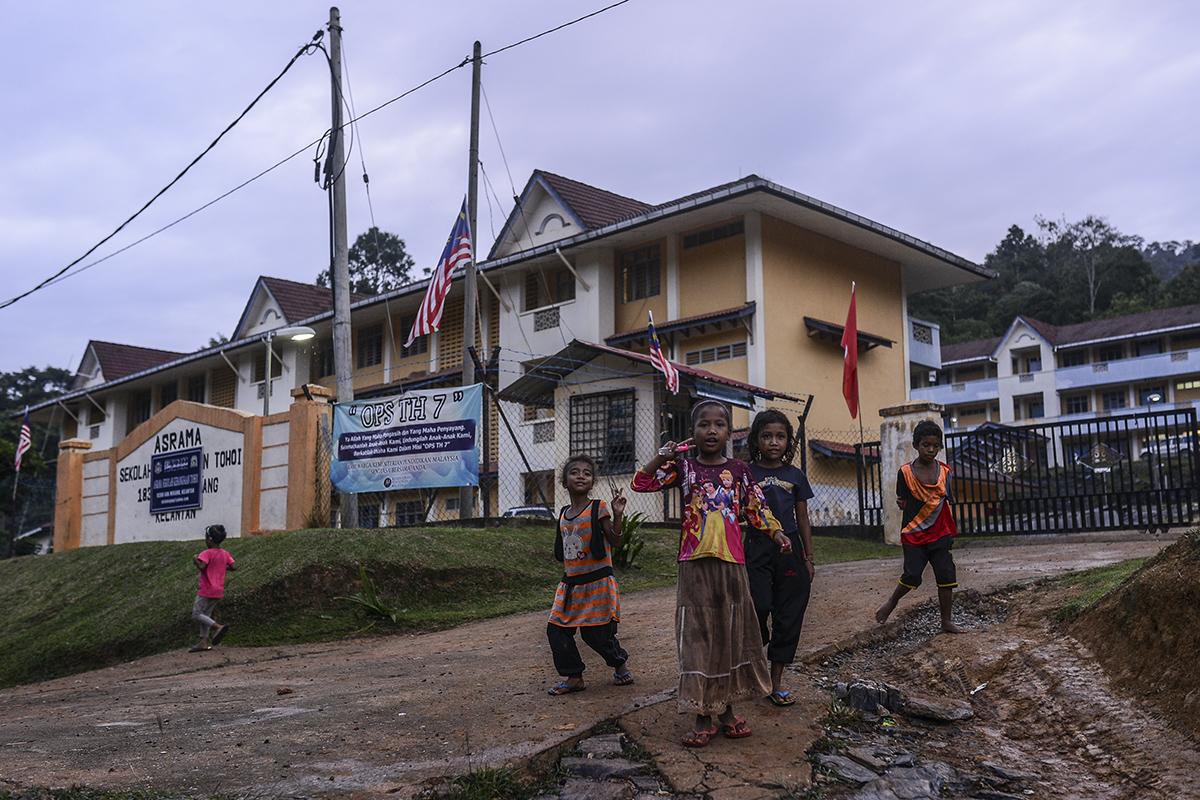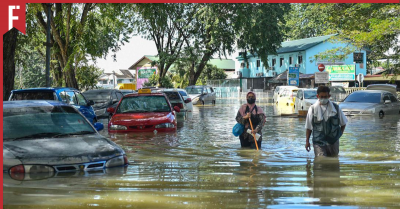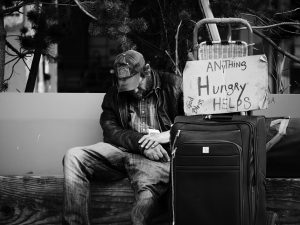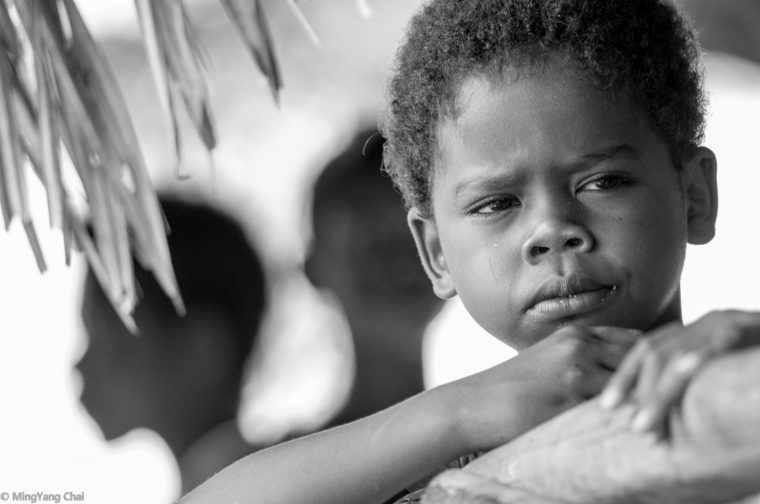
Remember the Batek tribe tragedy?
Let’s go through this quickly.

Killer Kuala Koh
Earlier in May this year, a man from the tribe was found dead in a hut near a coal mine, miles deep into the jungle of Gua Musang, Kelantan believed to be of mysterious causes. Within a short few weeks later, a young woman was also found dead with similar causes, this time in a village in Kuala Koh, the same village as the man.
It wasn’t until this point that the authorities took notice and Gua Musang police immediately dispatched a team to investigate, only to witness more than a dozen deaths of the same probable cause.
The police could have jumped the gun too early into the investigation by ruling pneumonia as the reason for the deaths, especially with Senator P Waytha Moorthy supporting the statement but when Deputy Minister Tengku Zulpuri Shah (Ministry of Water, Land & Natural Resources) came into the picture, an initial investigation order was sent out to find the root cause of these unexplainable deaths. They found Sungai Lebih, the main water source for the tribe, polluted and not fit for consumption and has traces of harmful contaminants from the nearby manganese mine. Responding to this, Deputy Prime Minister, Datuk Seri Dr Wan Azizah pledged that an extensive investigation will be conducted before eventually coming out with the same response – pneumonia, not pollution.

The public outcry went through the roof, demanding justice for the Batek people and now, newly-appointed Malaysian Anti-Corruption Commission (MACC) Commissioner Latheefa Koya has officially ordered an investigation into corruption behind the fiasco.
[UPDATE – 18 July 2019]
Laboratory tests on samples taken from the waters sourced around Kampung Kuala Koh in Gua Musang, which saw the deaths of 15 Bateq villagers, revealed contamination and toxic substances – Dr Steven Chow, president of the Federation of Private Medical Practitioners’ Associations Malaysia (FPMPAM)
Distant Dipang
23 years ago, a village in Pos Dipang, Kampar became the talk of the town not for its serenity but for tragedy.
It was another rainy day and the orang asli folks were stuck indoors, unable to run their daily activities. Right before nightfall, huge, thick waves of mud came down upon the village without warning, bringing down massive logs and uprooted trees hundreds of years old, crushing and flooding the tiny village made mostly of wooden shacks.

The kampung sits at the foot of the nearby hill, next to Dipang river and when the murderous mudslide came rushing in, there was nothing the folks could do but scramble and pray. Some were swept miles away, some crushed between logs and tree stumps. And some managed to find higher grounds for solace, literally on treetops.
The tragedy took close to 50 lives, with many more missing and never found. A team of specialists took to the case to investigate. They crossed three main probable causes – extreme climate change, unfit topography and risk-laden geology. What wasn’t in the report though, was the number of unofficial claims by different parties of the real cause of the mudslide.

It’s quite clear that deforestation is one of the biggest factors of man-made natural disasters. It was learned that the aggressive logging activity uphill at Pos Dipang played a big role in how the event unfolded, only that it was never proven and fought in the court of law.
The Kids Never Came Home
Another tragedy strucked the orang asli of Peninsular, this time in 2015. Seven students of a remote SK Pos Tohoi went missing. Only two made it back, barely alive.
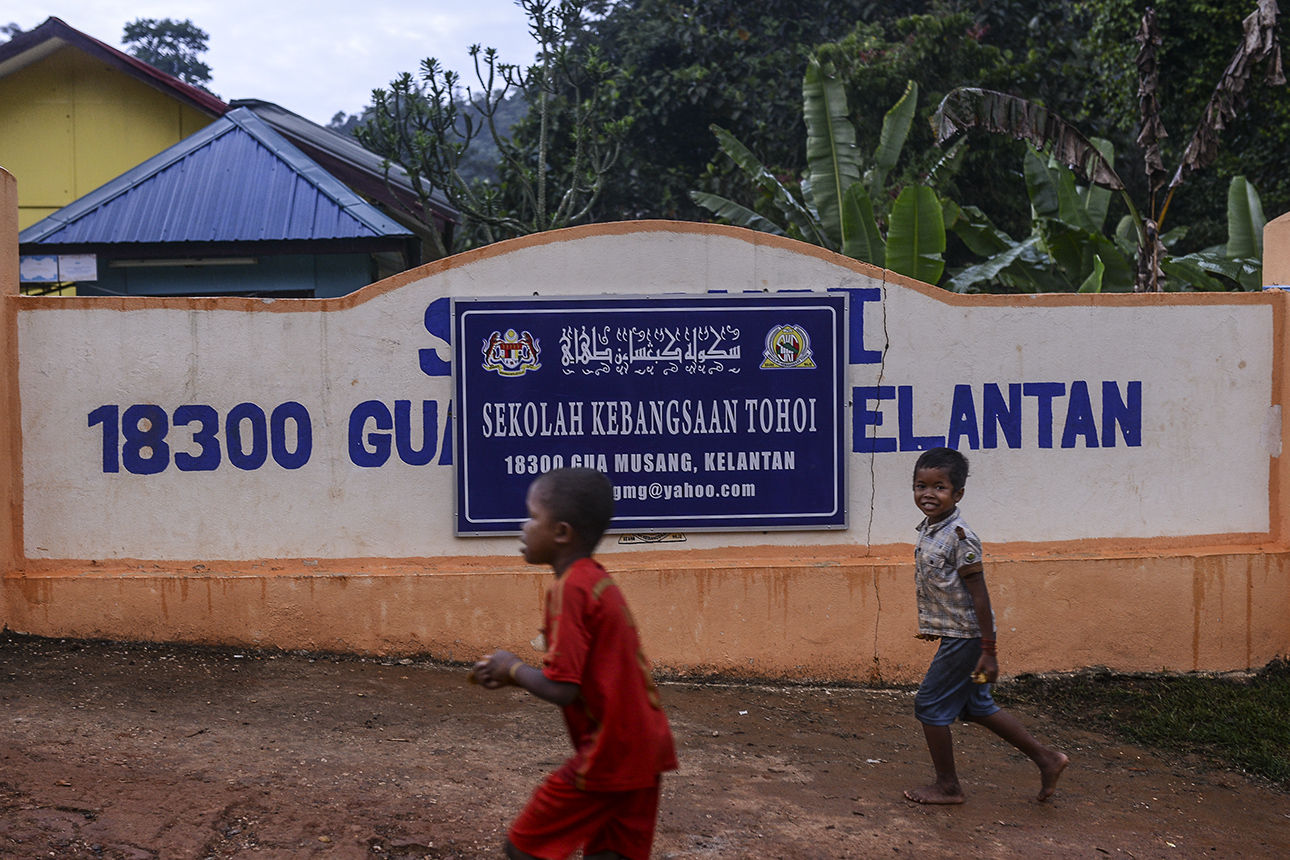
It started when the children, friends aged seven to 11 decided to bail their boarding school, fearing punishment for swimming in a nearby river. This fear led them to run away into the jungle in hopes of coming home to their parents, not realising the dangers of the 30km travel deep into the Gua Musang forest.
When the school found out, they took to themselves to solve this pressing matter without involving the rightful authorities but to a futile effort. The authorities were called in, perhaps too little too late as the children have gone into the deepest crevices of the forest, making it seemingly impossible for the search party to find them.
Finally it took 50 days, 200 Malaysian Armed Forces, the Royal Malaysian Police, Malaysian Fire and Rescue Department, RELA, the Orang Asli Affairs Department (JAKOA) to find two of the missing children, holding on to their dear lives. The rest of the kids? Died of starvation, injury, drowning and some became prey to wild animals, clearly death in agony.
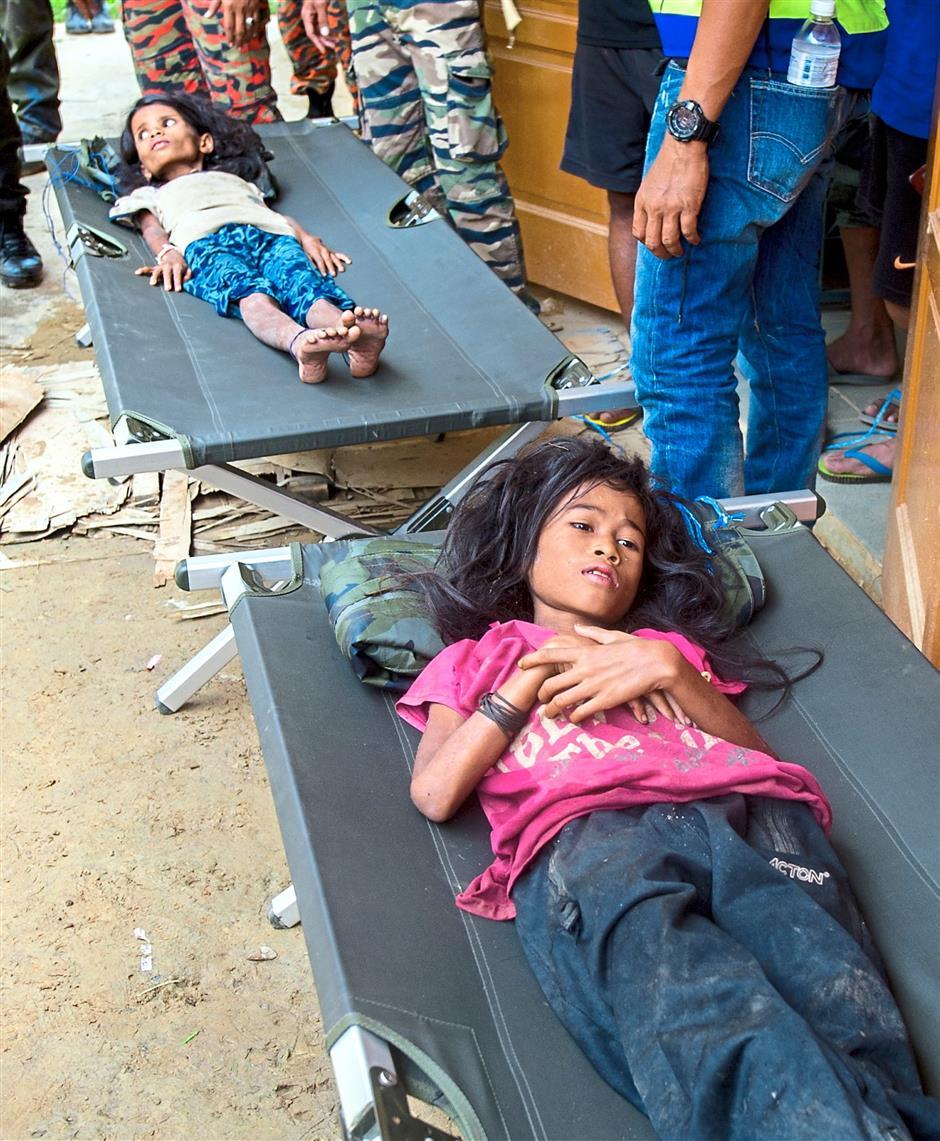
The school principal refuted claims of responsibilities and carelessness. The education department official refused to comment and JAKOA’s director-general, Hasnan Hassan thinks that the Orang Asli community has been unappreciative.
They’re Calling For Help. Are We Even Listening?
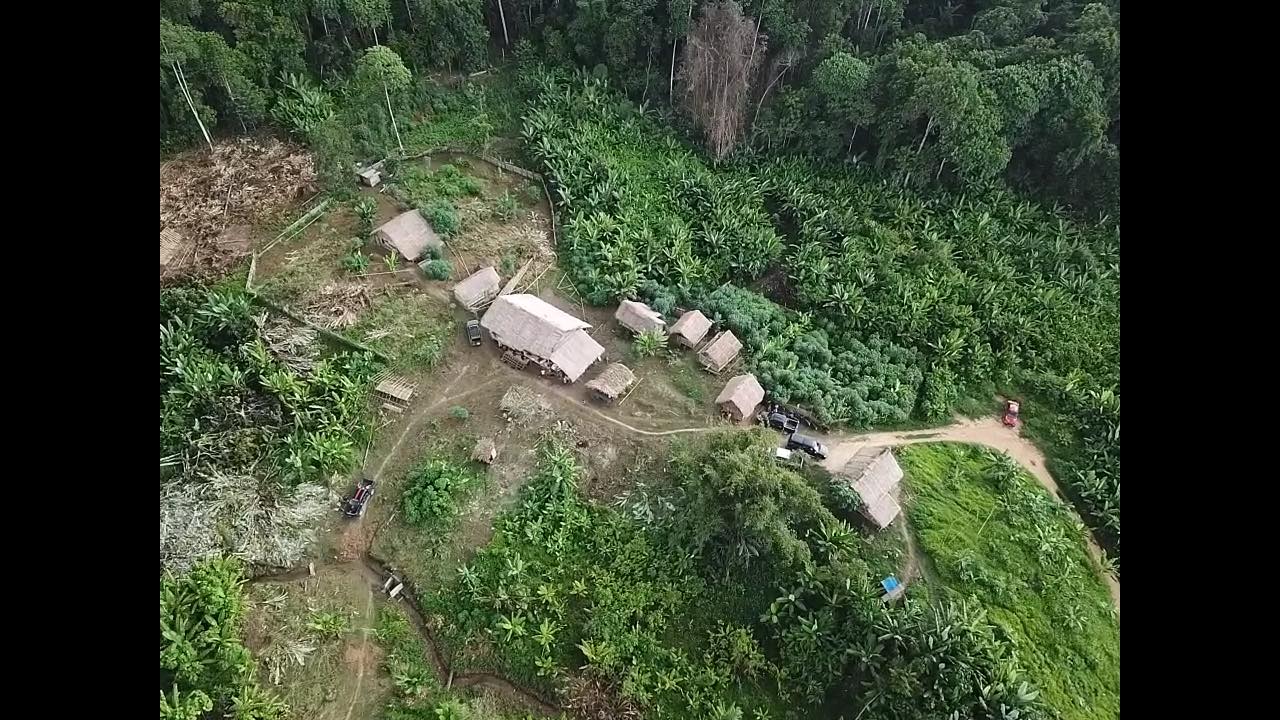
The problem could be bigger than we know. Over the last few decades, their place of survival has been pushed further and further away into foreign grounds, all due to deforestation in the name of progression. Legal (and illegal) encroachment into their lands started way back in the 70s and 80s when Malaysia was on the brink of development.
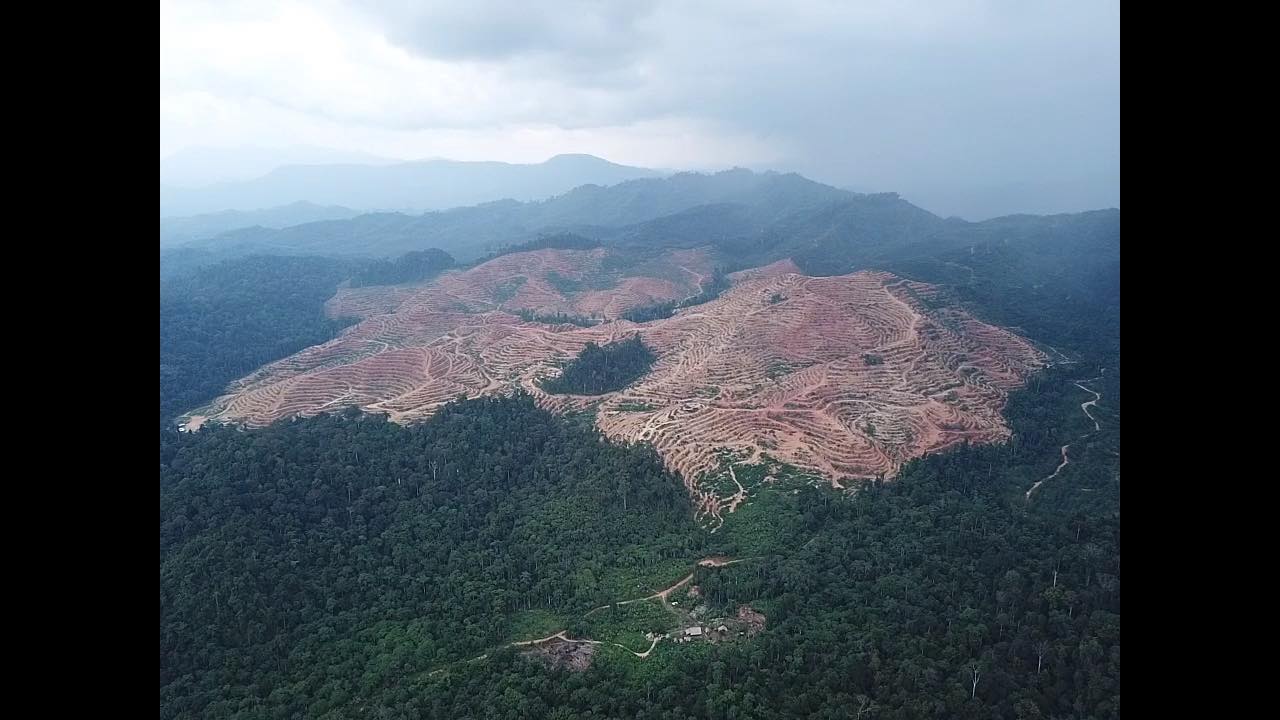
With technological advancement, a growing and hungry population, the safe green haven for our dear forest friends are now in danger of depletion, a daily risk they have to take.
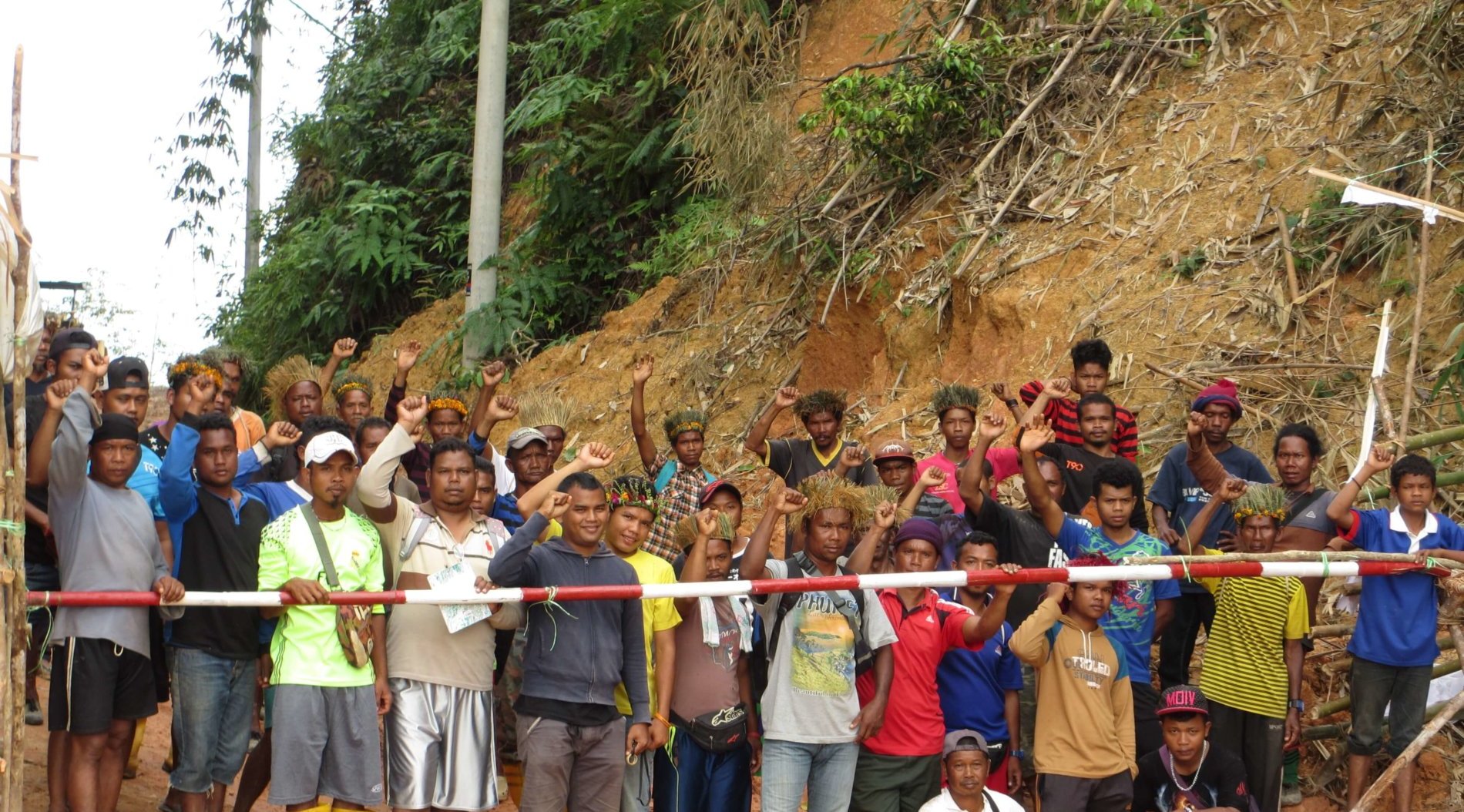
So Who, What Then?
Of all the finger-pointing, the real victim of the horrorshow – the Batek people ended up hospitalised with close to a hundred treated at the Hospital Raja Perempuan Zainab II. The Pos Dipang folks are living life with a dark history and education will never be the same again for the kids of Pos Tohoi.
Of all the senseless blaming, the Batek people were ‘forced’ to relocate to a safer area, leaving their much-loved corner of the forest unattended, free for the powerbrokers to ravage mother nature. The Pos Dipang families had to do with whatever land given to them and the families of the Pos Tohoi kids are never letting their kids go to school again.
Of all the clamour and commotion, the Batek tribe is barred from welcoming visitors as Health Minister, Datuk Seri Dr Dzulkefly Ahmad has ‘advised’ the public to simply not come and visit, a quarantine-like enclosure out in the open. The Pos Dipang villagers content with the massive loss of lives and the survivors of the Pos Tohoi tragedy suffers nightmares every single night.
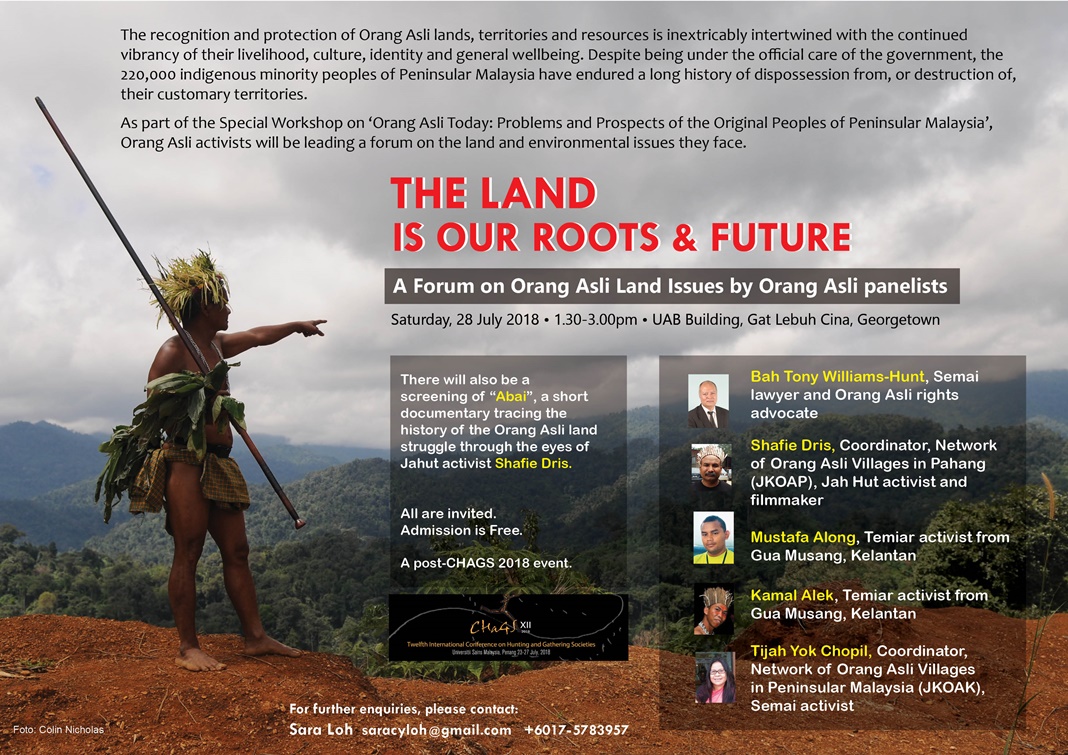
And between all of this, over a dozen lost their lives in a single month, just because they happen to share the forest with a force bigger and stronger than them, that is us. So the next time they’re calling for help – try to stop.
And listen.
